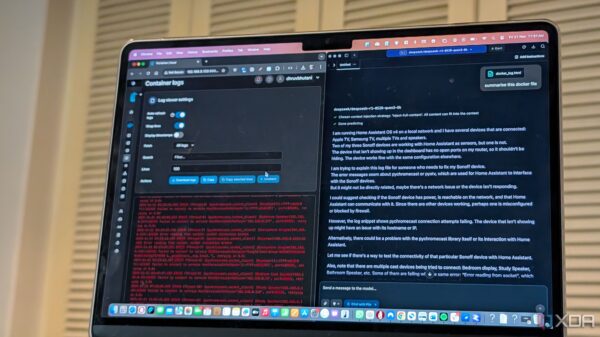The ongoing government shutdown is approaching a record length as it enters its 34th day, with no resolution in sight. President Donald Trump has stated he “won’t be extorted” by the Democrats, indicating a firm stance against negotiations to reopen the government. The deadlock has persisted into January 2019, as both parties remain entrenched in their positions.
In a recent interview with CBS on “60 Minutes,” Trump expressed confidence that the Democrats will ultimately concede to Republican demands. His remarks suggest that the shutdown may continue, placing additional strain on federal employees who are missing paychecks. The prolonged closure has also raised concerns for approximately 42 million Americans who rely on federal food assistance programs, leaving many uncertain about their access to crucial aid.
Democrats have countered Trump’s assertions, emphasizing their desire to address urgent issues, including a “health care crisis” and the need to extend subsidies. The lack of progress in negotiations reflects broader political tensions in Washington D.C., exacerbated by the shutdown’s impact on various government services.
As the impasse drags on, federal workers and their families face increasing financial pressure. The shutdown is not only a political standoff but also a growing humanitarian concern, with many affected individuals unsure of how long they can sustain their livelihoods without pay.
The situation remains fluid, and both sides of the aisle will need to reassess their strategies if there is any hope of reaching a compromise. As the shutdown potentially sets new records, the focus will shift to the implications for both government operations and the citizens who depend on federal services.


































































